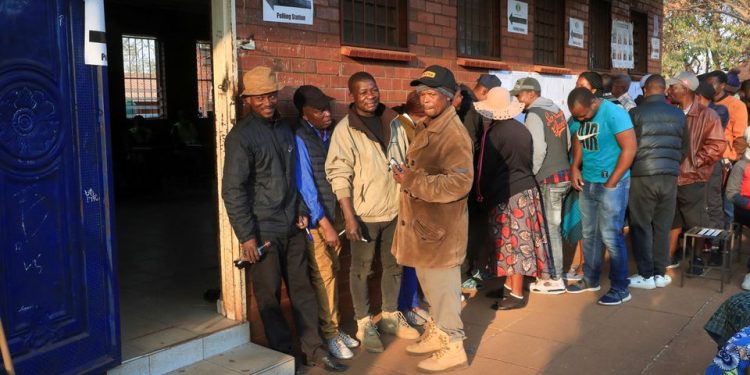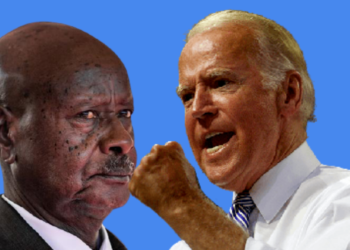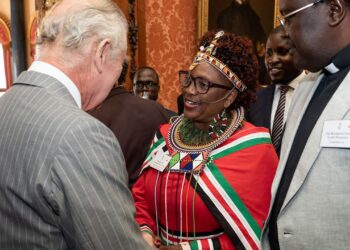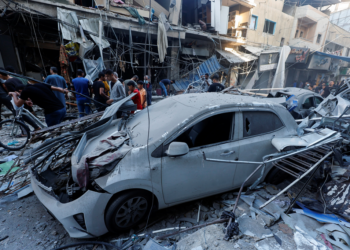Zimbabwean citizens formed long queues to cast their votes on Wednesday, expressing a strong desire for change in the face of persistent economic turmoil.
However, analysts remain skeptical about the ruling ZANU-PF party’s willingness to conduct a credible election or relinquish its firm grip on power.
President Emmerson Mnangagwa is seeking re-election after a turbulent first term marked by runaway inflation, currency shortages, and soaring unemployment.
These challenges have forced many Zimbabweans to rely on financial support from relatives abroad to make ends meet.
Mabel Fambi, a 67-year-old caring for her five grandchildren due to their parents’ joblessness, voiced her anticipation for change, saying, “We are struggling and hungry.”
She was among those waiting to cast their votes in the Kuwadzana constituency in the capital, Harare.
Zimbabwe’s ability to address its debt crisis and access loans from entities like the World Bank and International Monetary Fund hinges on a free and fair election, as foreign lenders have stipulated such conditions for meaningful negotiations.
Mnangagwa, who assumed power after Robert Mugabe’s ousting in a 2017 military coup, faces 10 other candidates in the election.
His primary challenger is lawyer and pastor Nelson Chamisa from the Citizens Coalition for Change party.
This election marks the second face-off between Mnangagwa and Chamisa. In the previous closely contested poll in 2018, Mnangagwa emerged victorious amid allegations of rigging from the opposition.
Despite these claims, the country’s constitutional court upheld the results.
Jonathan Darare, a 47-year-old shoe mender, expressed his excitement about voting, saying, “We want change. We want a younger president.” He joined other voters in Kuwadzana who queued up early.
Polling stations opened at 7 a.m. and were scheduled to close at 7 p.m. Over 6.6 million registered voters were anticipated to participate in the election within a population of around 15 million.
Parliamentary results were expected to trickle in on Thursday morning, with the presidential outcome projected to follow, likely before the five-day deadline.
In Harare, some polling stations encountered delays in opening, with only 18 out of 77 stations operational on time.
The Zimbabwe Electoral Commission attributed the delays to ballot paper printing issues arising from legal challenges. Stations that opened late were set to close later to compensate for the delays, according to the commission.
While delays were minimal or nonexistent in other regions of the country, the election’s credibility and potential for substantial change remain subjects of both aspiration and skepticism.

































































